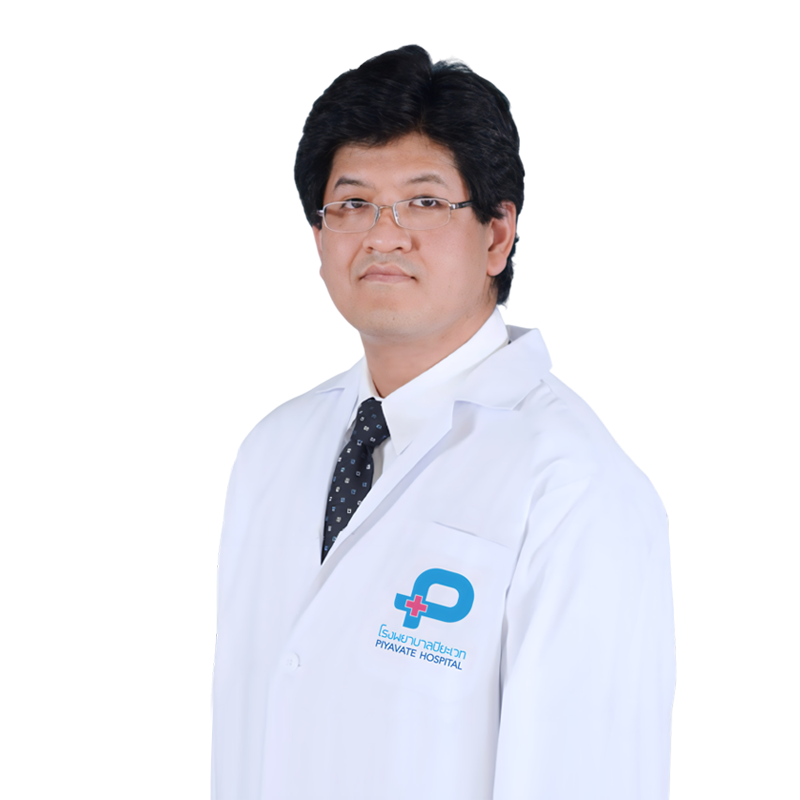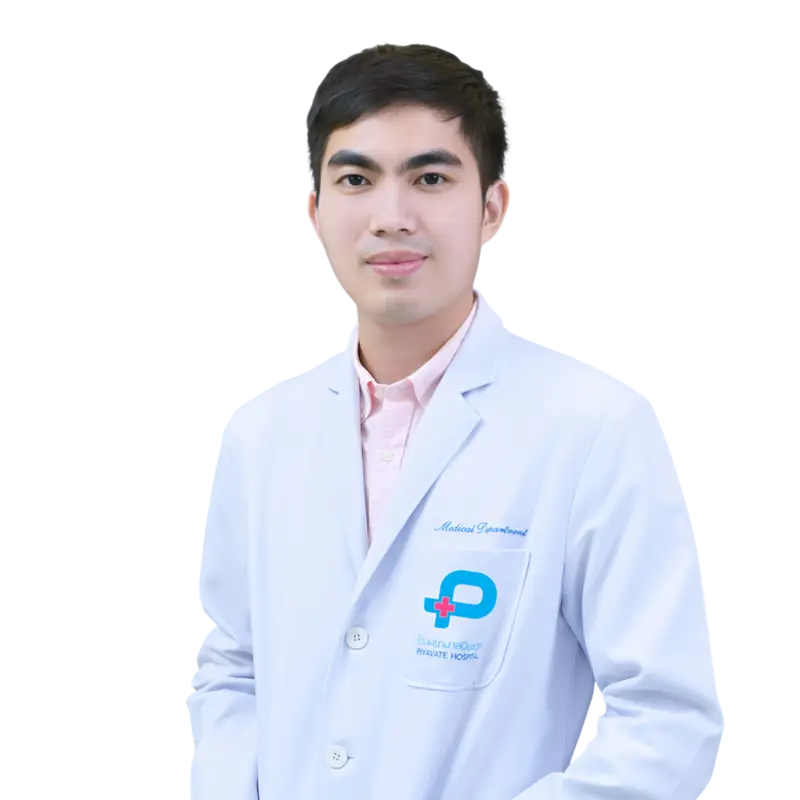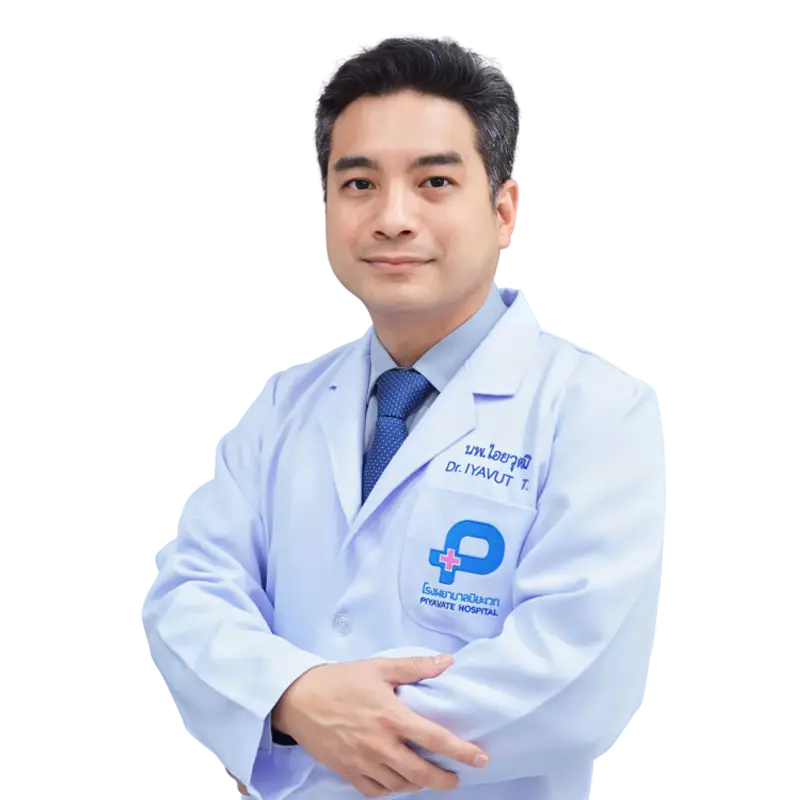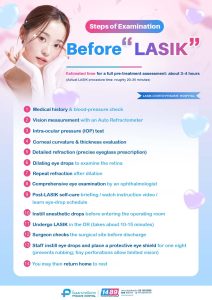- Neurology Center
About
The Neurology Center at Piyavate Hospital offers comprehensive diagnostic and therapeutic services for a wide range of neurological conditions. Staffed by a team of experienced neurologists and neurosurgeons, the center is equipped with advanced medical technology to provide accurate diagnoses and effective treatments.
Services include:
- Stroke Management: Rapid assessment and intervention for ischemic and hemorrhagic strokes.
- Epilepsy Treatment: Comprehensive care for seizure disorders, including medication management and surgical options.
- Movement Disorders: Diagnosis and treatment of conditions such as Parkinson’s disease and dystonia.
- Neuromuscular Disorders: Management of diseases affecting the peripheral nerves and muscles.
- Headache and Migraine Care: Specialized approaches to diagnosing and treating chronic headaches.
- Neurorehabilitation: Programs designed to aid recovery and improve quality of life for patients with neurological impairments.
The center utilizes state-of-the-art diagnostic tools, including MRI and CT imaging, to ensure precise evaluation of neurological conditions. Committed to patient-centered care, the Neurology Center at Piyavate Hospital strives to deliver personalized treatment plans tailored to each individual’s needs.
The Central Nervous System (CNS)
The Neural and Brain System Center, often referred to as the “Central Nervous System,” is an essential component of the human body’s nervous system. It plays a critical role in controlling bodily functions and perceiving the environment.
Functions of the Central Nervous System:
- Perception and Data Processing: It processes sensory information to produce appropriate responses.
- Movement Control: Initiates and regulates muscle movements via signals from the brain.
- Basic Physical Process Control: Manages essential life functions like breathing and heart rate.
- Learning and Memory: Stores and retrieves information and experiences essential for learning and memory recall.
The brain and spinal cord are safeguarded by the skull and spinal bones respectively. Cerebrospinal fluid (CSF) also provides protection from impacts and aids in maintaining central nervous system health. Maintaining overall health through regular exercise, a nutritious diet, avoiding drugs, and good mental health practices is recommended to support the functionality of the central nervous system.
This system is primarily composed of the brain and the spinal cord.
This system is primarily composed of the brain and the spinal cord.
As the central organ of the nervous system, the brain is responsible for processing and controlling information.
It is divided into several key areas:
- Cerebrum: Manages thinking, memory, perception, and decision-making processes, and controls bodily movements.
- Cerebellum: Regulates body movement and balance, assisting in muscle coordination.
- Brainstem: Oversees basic physical functions such as breathing, heartbeat, and digestion.
- Limbic System: Crucial for emotion regulation, learning, and memory.
This integral part of the central nervous system acts as a conduit for nerve signals between the brain and the rest of the body, facilitating communication to and from various body parts.









